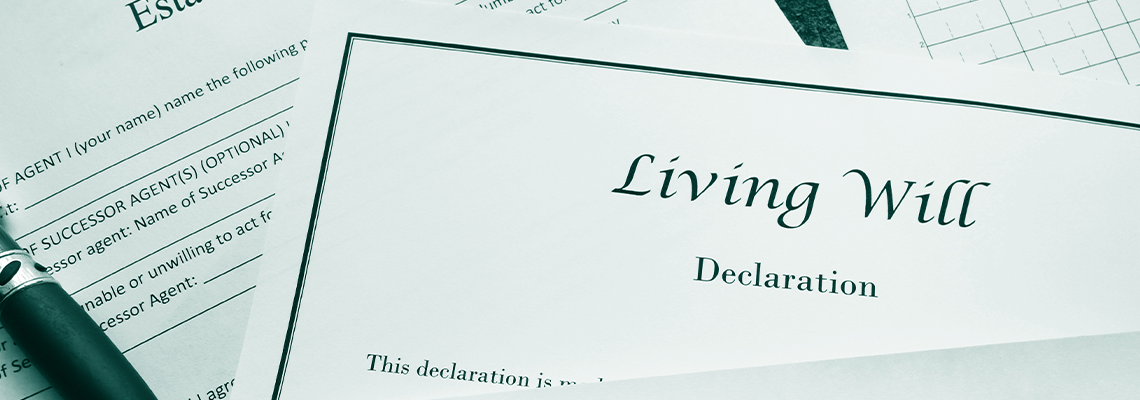When people hear the term “estate planning,” they may shrug it off as something that only people with an abundance of money need to worry about. In practical terms, estate planning is a tool used to plan for what happens to whatever you accumulate throughout a lifetime of working – who gets what in the long run. That’s what a simple last will and testament can do and what a living trust can do even better.
BLOG
Dispelling Estate Planning Myths
Most people put off estate planning for as long as possible. Survey after survey indicates that the percentage of Americans who have even created a last will and testament hovers around 40 percent. Even the pandemic, with its daily reports of thousands of deaths, barely moved the needle, according to the yearly survey done by Caring.com.
What Should I Do About an Irresponsible Heir?
You’re pondering what to leave to whom among your heirs as you set about doing your estate planning. One of those heirs, however, is – to say the least – not good with money.
Estate Planning When You’re Single
You just finished college and are embarking on your lifelong career when someone mentions you should seriously consider the role of estate planning for your future. You scratch your head and mumble to yourself: “Why? I’m not even married yet and have no children to take care of.”
Understanding the Most Common Types of Trusts
Estate planning involves taking a comprehensive look into the present and future to create legal instruments that protect you and your loved ones, not only after you’re gone but while everyone is still here. A last will and testament is probably the one legal document most people have heard of, and it is generally associated with who gets what after you’re gone.
Estate Planning for a Blended Family
Estate planning was fairly simple in the days when two people got married, had children, and spent their lives together until the end. Each spouse would create an estate planning document leaving everything to the other.
Can a Living Trust Be Contested?
In TV dramas, there are enough scenes that show how family members and friends can challenge the terms of a will if they feel shortchanged or left out. But the question arises: Can someone likewise challenge the terms of a living trust?
FAQs: What Needs to Be Done When Someone Dies?
When a loved one dies, it’s a time of great grief and sorrow, but it also opens a new chapter of responsibility for what happens next.
What Happens to a Living Trust in Divorce?
California is a community property state, meaning that married couples when divorcing are subject to a 50/50 split of assets and debts. However, the assets and debts must have been acquired by either spouse during the time of marriage.
Common Estate Disputes
Estate planning is the process of creating the legal documents necessary to designate how you want your property and assets to be divided among your loved ones when you’re gone. Some estate plans are straightforward, others not.










